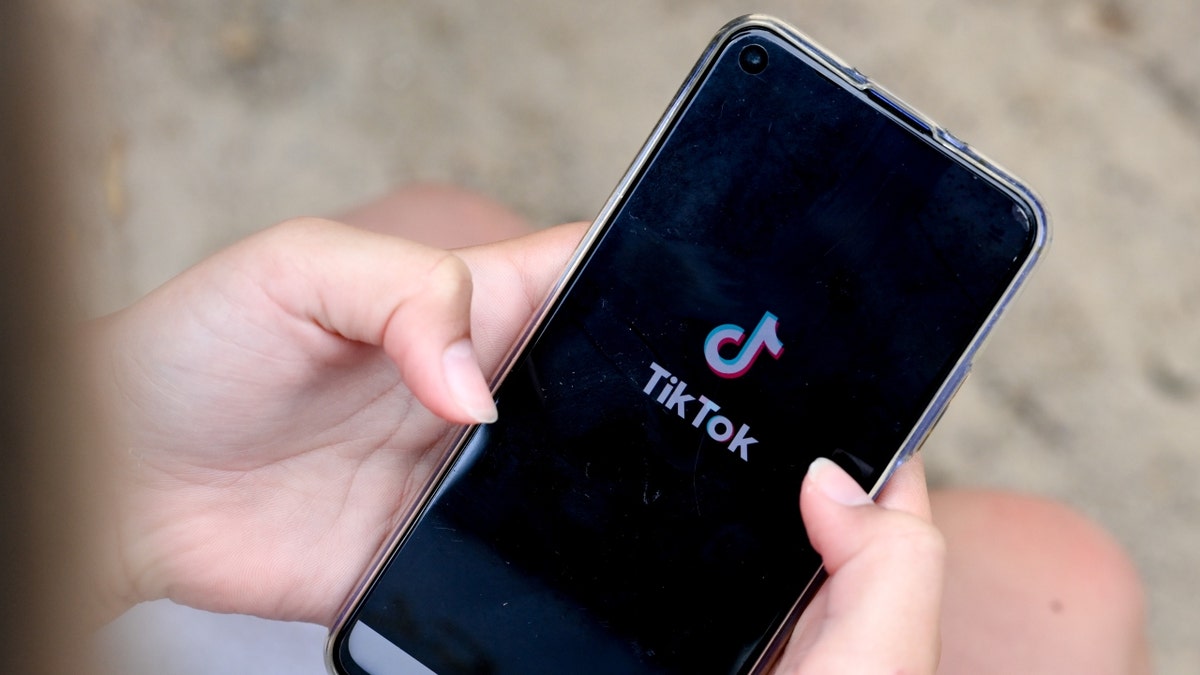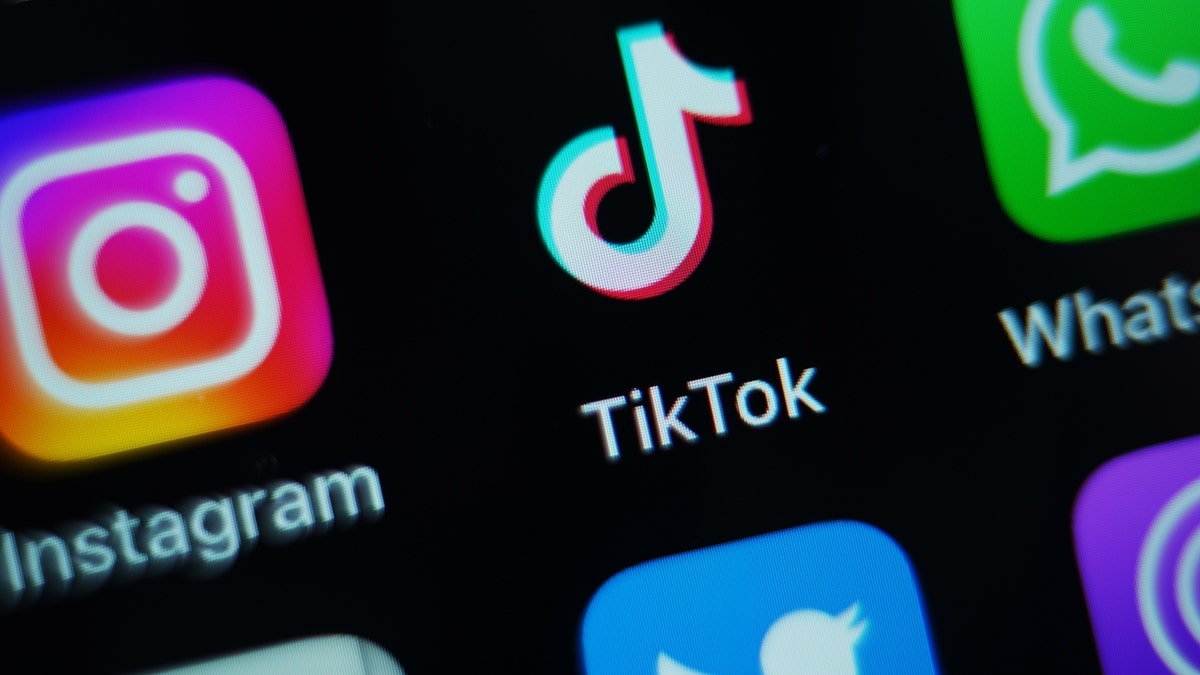Mom who lost son after dangerous TikTok challenge speaks out against the media giant
Annie McGrath speaks out on the dangers of online challenges targeting children on 'The Story.'
The mother of a 13-year-old boy who died after attempting TikTok's "choking challenge" pleaded with lawmakers to take action against the social media platform Wednesday as Congress considers its potentially dangerous impact on minors and national security concerns.
Wisconsin mom Annie McGrath found her son Griffin dead in his room in February 2018 after he was dared by a friend at school to participate in a fatal video trend on TikTok known as the "blackout challenge" or "choking game," which encourages participants to hold their breath until they pass out from a lack of oxygen.
McGrath, who had never heard of the challenge prior to her son's death, began examining the dangers of social media for children and was devastated to learn that her family joined a long list of others who lost loved ones as a result of disturbing online trends. Turning her pain into purpose, McGrath has made it her mission to raise awareness about the perils of social media platforms for children and dedicates much of her time reporting questionable content on TikTok and YouTube.
DEMOCRATS, REPUBLICANS ARE TEAMING UP TO TACKLE TECH THREATS BROADER THAN JUST TIKTOK

TikTok CEO Shou Zi Chew will appear before a House hearing titled, "TikTok: How Congress Can Safeguard American Data Privacy and Protect Children from Online Harms." ((Photo by Jens Kalaene/picture alliance via Getty Images))
"My son, Griffin, he was an amazing, smart kid," she said in an interview on "The Story" Wednesday. "He tried this risky challenge. He was dared by a kid at school. He had his own YouTube channel, he was a speed Rubix Cuber…just a normal kid, messing around, having fun."
"The thing is, if kids see it a million times, they’re not going to be scared of it. They're going to think it’s no big deal and try these things. He was FaceTiming with two kids from his class when it happened," she added.
TIKTOK ON CAMPUS: COLLEGES NATIONWIDE BAN POPULAR APP AS NATIONAL SECURITY CONCERNS GROW
McGrath said she has repeatedly contacted TikTok and YouTube requesting they remove content that promotes self-harm but has been ignored, adding that she finds it "infuriating" that most of the dangerous content she flagged for the social media entities remains online, leaving other children vulnerable. McGrath has joined a class action lawsuit against the social media giants to hold them accountable for failing to heed user reports about the proliferation of fatal trends on their platforms.

McGrath joined a class action lawsuit against TikTok and Youtube after failing to heed user reports about fatal trends on their platforms. ((Photo by Yui Mok/PA Images via Getty Images))
"It’s infuriating," she told Fox News host Martha MacCallum. "I can find videos with kids actively choking themselves, 50 of them within 5 minutes easily. When I find the same ones every single day and report them, they never get taken down. They're still up four years later. Every time we keep hearing [about] other children that have passed, it just breaks my heart every time because we’re trying to screen it and warn other parents."
FAR LEFT ‘SQUAD’ MEMBER TOUTS CHINESE-OWNED TIKTOK, CALLS CRITICISM OF IT ‘XENOPHOBIA'
In 2022, McGrath joined 56 other grieving parents whose lost children as a result of social media harms in drafting a letter to congressional leadership demanding the passage of the Kids Online Safety Act, which would implement online protections for minors, before the end of the year.
The deadline passed without the approved legislation. But with Congress now floating a possible complete ban of TikTok, McGrath is urging lawmakers to learn from her personal tragedy and take decisive action to protect children on social media.
CLICK HERE TO GET THE FOX NEWS APP
"TikTok – that’s where kids are seeing new challenges every single day popping up…there are thousands of parents who have kids that died of the choking game. There are thousands of kids being bullied or finding drugs online. All of it and it’s all due to social media," McGrath said. "We know if not for social media, our kids would be here. And that’s not okay."









































